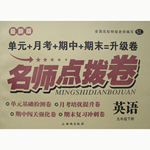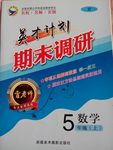题目内容
________, the proposal put forward at the conference sounded reasonable.In reality, however, it remains to be seen whether it can bring huge profits in the long run.
- A.Universally
- B.Theoretically
- C.Logically
- D.Originally
B

练习册系列答案
 名师点拨卷系列答案
名师点拨卷系列答案 英才计划期末调研系列答案
英才计划期末调研系列答案
相关题目
 D. props
D. props